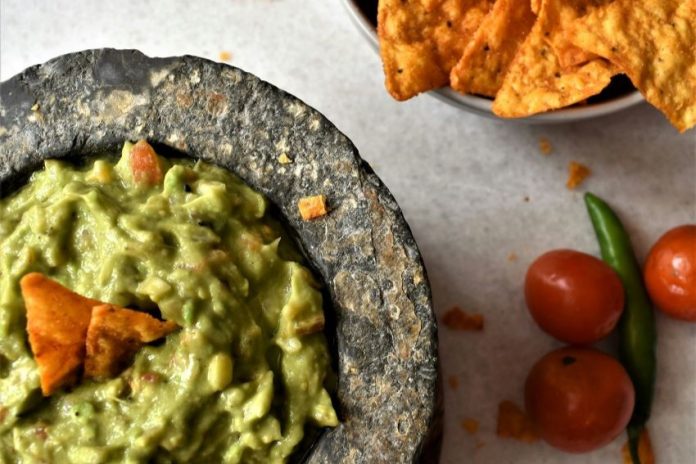Mexico is expecting to send 138,000 tonnes of avocados to the United States in time for the Super Bowl on Feb. 11, and may still struggle to meet the country’s demand.
According to the Association of Avocado Producers, Packers and Exporters of Mexico (APEAM), 130,000 tonnes of those avocados will be shipped from the state of Michoacán, and 8,000 from Jalisco.
The Super Bowl always drives a spike in demand for avocados, to feed the annual U.S. tradition of serving pizza, wings and guacamole while watching the game. About 96% of the supply comes from Mexico, according to Dallas-based Avocados from Mexico (AFM).
AFM has worked hard to boost this demand, becoming the first produce brand to advertise at the Super Bowl in 2015, and launching nine Super Bowl marketing campaigns since.
This year, the trade organization has teamed up with former NFL quarterback Jesse Palmer to encourage Americans to host Super Bowl parties “made better with plenty of guacamole,” with promotions such as rebates, branded bags and prizes.
However, Mexico is already struggling to meet the growing U.S. demand for the fruit. Mexico’s avocado production increased by 1.9% between 2022 and 2023, according to the Ministry of Agriculture and Rural Development (SADER). Meanwhile, U.S. imports leapt by 12%, according to Statista, topping off a four-year period of 3.7% annual growth.

This booming demand relative to supply has caused the price of each avocado to reach an average of US $2.13 in the U.S., and is pushing importers to turn to other producing countries in Latin America.
“We have made strategic decisions to vertically integrate our business with our own avocado production in Peru, and we have subsequently developed acreages in other regions such as Guatemala and Colombia to balance our supply throughout the year,” Stephen J. Barnard, president of leading U.S. importer Mission Produce, said in a meeting with analysts.
There are also concerns around the social and environmental impacts of avocado production in Mexico. The crop is so lucrative that it is encouraging deforestation to make way for avocado orchards, and driving extortion of avocado producers by organized crime. Truck drivers transporting the fruits require escorts from state police.
The crop also requires large amounts of water. Water stress caused SADER to adjust its 2024 estimate for Mexican avocado exports to the U.S. from 1.2 to 1.125 million tonnes — down slightly from the record 1.13 million tonnes exported in the 12 months up to June 2023.
With reports from The Packer, Milenio and La Voz de Michoacán
